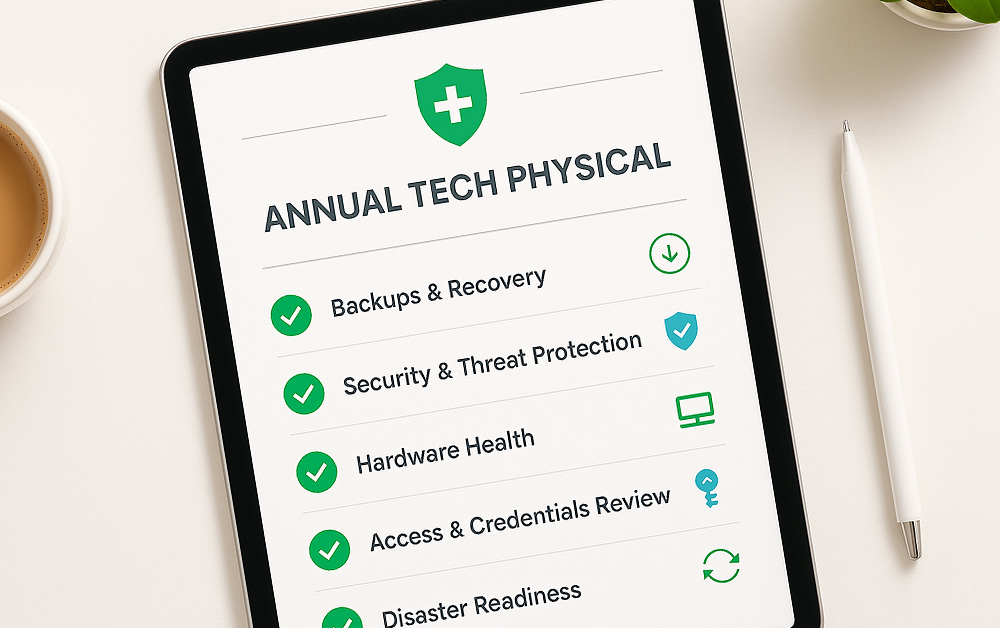IT Compliance for Nova Scotia Businesses: A Complete Guide to PIPEDA & PHIA Requirements
Non-compliance penalties: Non-compliance can result in serious consequences, including financial penalties, privacy audits, and potential civil action from affected individuals.
Nova Scotia businesses navigating IT compliance face unique challenges stemming from the province’s regulatory environment, geographic characteristics, and business landscape:
Understanding the financial risks of non-compliance helps Nova Scotia businesses prioritize IT security investments and make informed decisions about where to focus resources.
Use this checklist to assess your current compliance status and identify priority improvements:
IT compliance for Nova Scotia businesses isn’t just about avoiding penalties — it’s about protecting client relationships, maintaining professional reputation, and ensuring business continuity.
Whether you’re a Halifax law firm protecting privileged client communications, a Sydney medical clinic safeguarding patient records, or a Dartmouth financial services provider securing investment data, comprehensive IT compliance provides the foundation for confident business growth.
Organizations with strong IT compliance programs experience significantly fewer security incidents, recover faster from disruptions, and maintain higher client trust.




